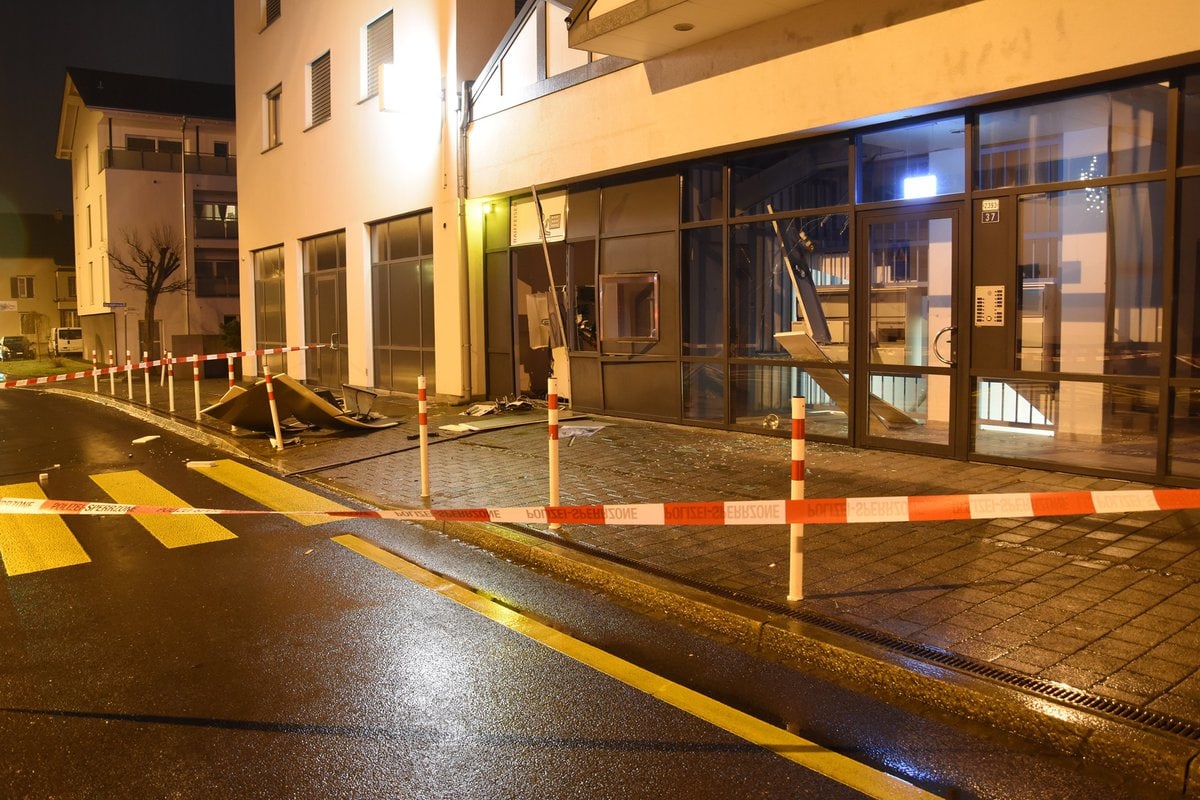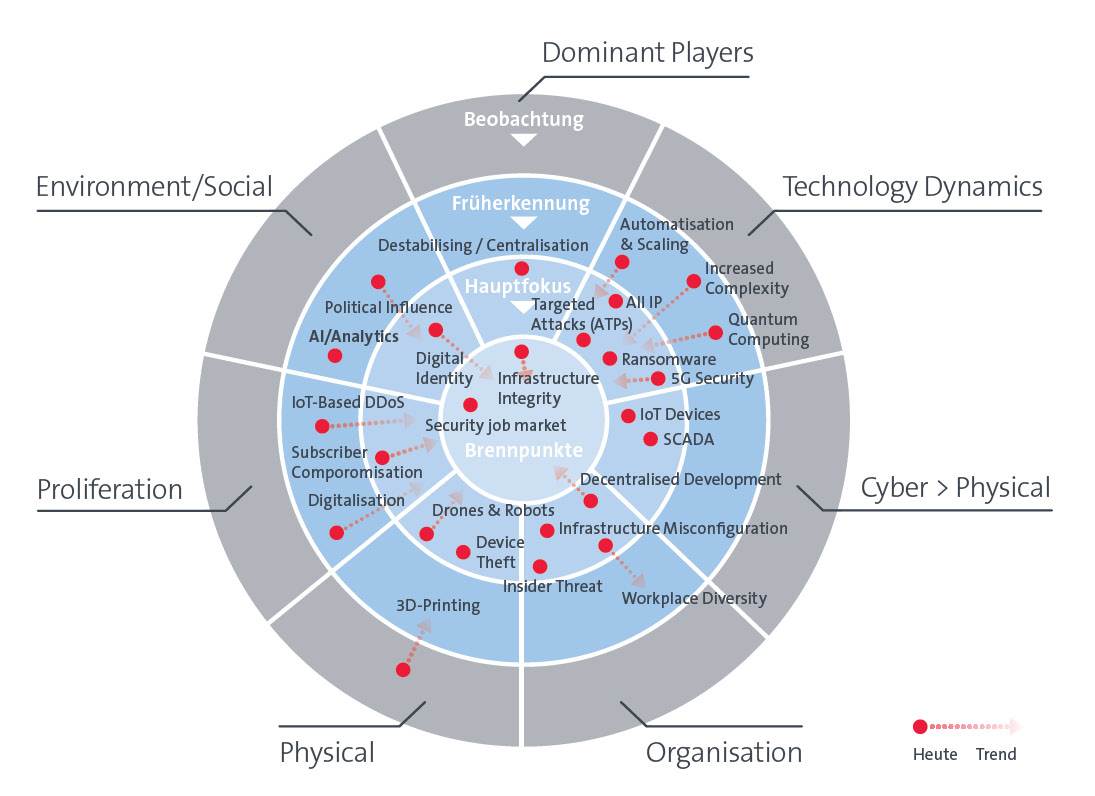New record: 6.2 billion euros for IT security
A new all-time high for global IT security investment in 2021 is up another 9.7 percent from the previous year, according to a new IDC survey.

In Germany, an estimated 6.2 billion euros will be spent on hardware, software and services in the IT security sector by the end of the year. This new all-time high is another 9.7 percent above the previous record of 5.6 billion euros in 2020, according to new calculations by the market research company IDC for the digital association Bitkom.
"Existential threat"
"Cyber attacks have become an existential threat to the economy. For companies and administrations, a high level of IT security is essential for survival and must be an integral part of good management. The Corona crisis has shown how vulnerable many companies are. Spending on IT security will continue to rise in the future," expects Susanne Dehmel, member of the Bitkom management board.
The market will continue to grow rapidly in the future, with a further 9.9 percent increase in revenue to EUR 6.8 billion forecast for 2022. With an average growth rate of 9.5 percent per year, sales of solutions for greater IT security are expected to reach around EUR 8.9 billion in 2025, according to the calculations.
Services lion's share
At 50 percent, services account for by far the largest share. Expenditure is expected to amount to 3.1 billion euros in 2021 - an increase of 9.8 percent. 2.3 billion will be spent on IT security software in the current year; 11.4 percent more than in the previous year. A further 815 million euros will be spent on special devices and hardware (up 4.9 percent).

















